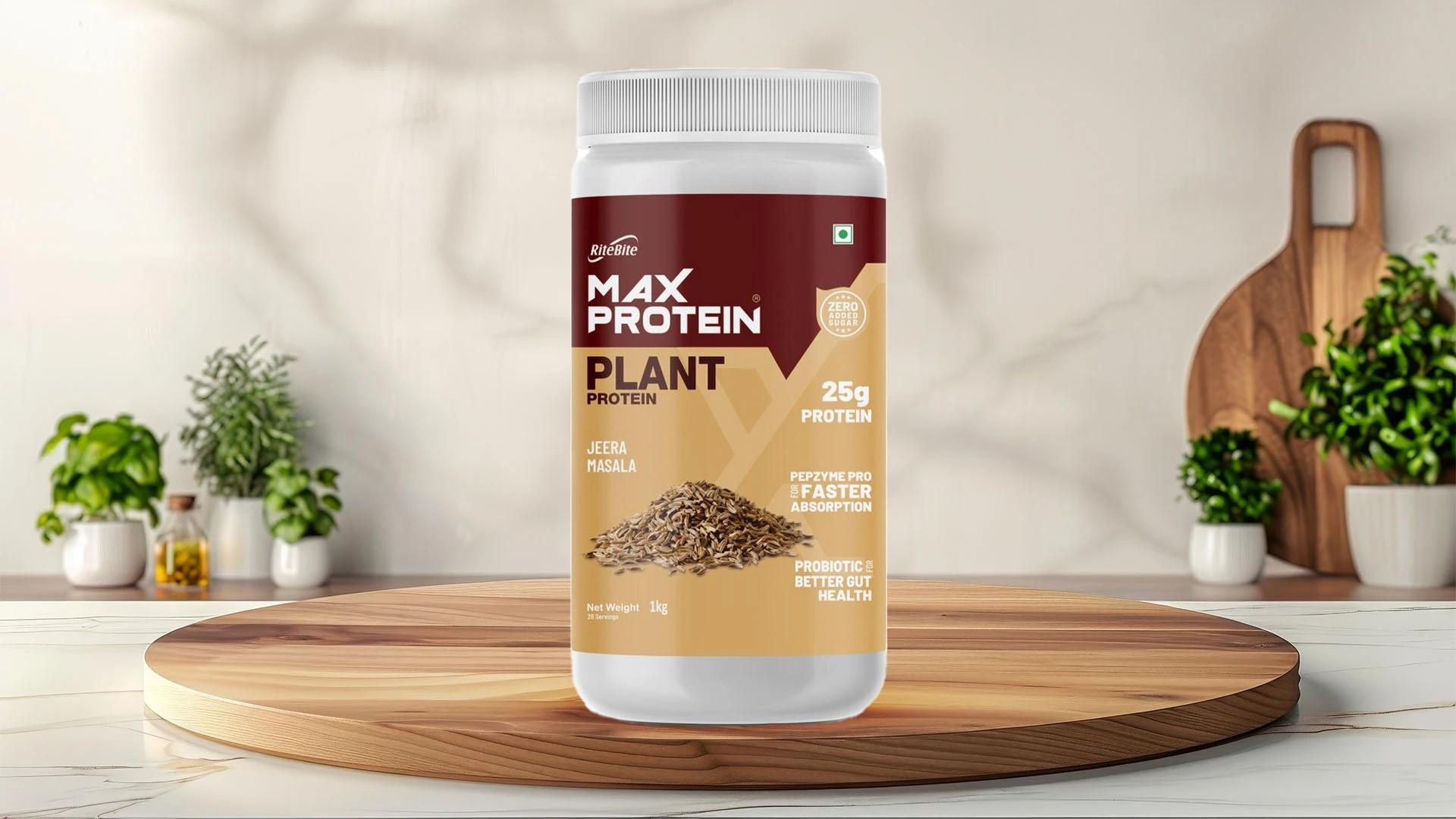Tips for Including Jaggery in a Diabetes-Friendly Diet
If you're determined to include jaggery in your diet, here are some smart strategies. Pair it with protein or fibre-rich foods to slow absorption—think jaggery with nuts or in wholegrain preparations. Keep portions tiny—we're talking a small piece, not chunks. Time it around physical activity when your body can better handle the glucose spike.
Consider using jaggery powder in small amounts for baking rather than eating it straight. Always monitor your blood sugar levels if you have diabetes or prediabetes. And remember, occasional use is very different from daily consumption.
Frequently Asked Questions
Is jaggery sugar-free?
No, jaggery is definitely not sugar-free. It contains 65-85% sucrose, which is the same type of sugar found in table sugar. The "natural" label doesn't mean it's free from sugar content.
Can people with diabetes eat jaggery?
People with diabetes should be very cautious with jaggery. While it might have a slightly better mineral profile than white sugar, it still significantly raises blood glucose levels. Always consult your healthcare provider before including jaggery in a diabetic diet.
Does black jaggery have a different effect on blood sugar?
Black jaggery, made from date palm, has a similar sugar content to regular jaggery. While it might contain slightly different minerals, its impact on blood sugar is comparable. Don't expect dramatically different results.
Will jaggery increase sugar levels during pregnancy?
Yes, jaggery will increase blood sugar levels during pregnancy just as it would at any other time. Pregnant women, especially those with gestational diabetes, should monitor their intake carefully and follow their doctor's dietary recommendations.
Does jaggery cause weight gain?
Jaggery is calorie-dense, with about 383 calories per 100g. Regular consumption without balancing your overall calorie intake can contribute to weight gain, just like any other high-calorie sweetener.
Key Takeaways
So, does jaggery increase sugar levels? Absolutely yes. While it might be slightly better than refined sugar in terms of mineral content and absorption rate, jaggery still significantly impacts blood glucose. The key is treating it like any other sweetener—with respect and moderation.
If you're curious about exploring different wellness products and natural alternatives, Smytten is India's largest product discovery and trial platform, connecting consumers with top lifestyle, beauty, wellness, and grooming brands. At its core, Smytten offers curated trial packs from over 1,500 trusted brands, letting you explore and experience products before committing to full-size purchases. With Trial Points, you can get up to 8 minis for just ₹249, plus 100% cashback redeemable for future orders. This makes discovering your perfect wellness routine both affordable and rewarding—because why settle for 'maybe' when you can #TryItAll!
Remember, the smartest approach to sweeteners is knowledge plus moderation. Whether it's jaggery, honey, or any other natural alternative, your blood sugar doesn't distinguish between "natural" and "processed" sugar. Make informed choices, monitor your body's responses, and find what works best for your health goals.
